
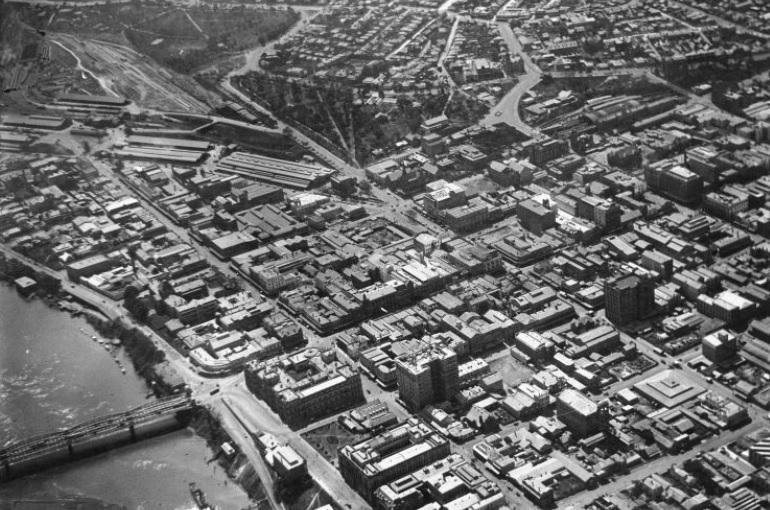
Why read today’s news on Saturday morning? Chances are you already know the news in large part. What is vastly more interesting is to read the news from 99 years ago. In this regular Saturday morning post we will extract the news from the Saturday morning edition of The Brisbane Courier which in one form or another has been the newspaper of record in Queensland, Australia for more than 150 years. You can down load the edition of the newspaper below or read it in full at the end of this blog. Italics: Unedited text, Normal: Edited or additions
 Versailles Treaty Negotiations
Versailles Treaty Negotiations
The final German reply regards the Peace Treaty maintains that the allies terms will put Germany for ages beyond the pale of the white races. The reply does not demand the restoration of any special colony, though it maintains that Germany has colonial rights. If the negotiations fail, the German government that resistance to allied action will be purely passive. Mr Lloyd George is reported to have been impressed by the appeals to modify the treaty in order to avoid Germany’s passive resistance. Signor Orlando is willing to compromise, but President Wilson is unwilling, and Mr Clemenceau absolutely opposes the proposal. The German Press is sounding the retreat, and this is taken as an indication that Germany will sign the treaty under protest.
It is reported that nine-tenths of the Cameroons will go to France without a mandate, and that Britain and France will divide Togoland. The council of four has agreed to eliminate the limitation of armaments in the cases of small nations formerly under the rule of Austria-Hungary. The demand of the Independent Socialists of Wurttemberg that the ex-Kaiser should be delivered up and brought to trial is rejected.
The Treaty of Versailles, peace document signed at the end of World War I by the Allied and associated powers and by Germany in the Hall of Mirrors in the Palace of Versailles, France, on June 28, 1919; it took force on January 10, 1920.
Indonesia – Volcanic eruption
It is officially reported that the victims from the recent volcanic eruption in Java number 5,350.
On May 1, 1919, the volcano Kelud, on the island of Java in Indonesia, erupted. The eruption resulted in the collapse of the crater lake and large mud and pyroclastic flow destroying 200 km2 of farmland within 25 kilometres of the volcano. It is reported that more than 100 villages were destroyed. This volcano is amongst the most dangerous in Indonesia.

Czech Republic – Riots
Riots are taking place in Prague and shops are being raided and goods taken without payment, so that all shops are closed until the restoration of order.
Germany – Hoffman Resigns
General Hoffman’s cabinet at Munich has resigned and a coalition cabinet is being formed.
Egypt – Political Unrest
Unrest is still prevalent in Egypt. Several raids have been made on cafes in Cairo, seditious literature seized, and some arrests made.
United States – Poision Gas
The chemical division of the United States Army, before the armistice, had planned to send aeroplanes to Germany for the purpose of pouring “Lewisite”, the deadliest poison known, which would have wiped out every vestige of vegetable and animal life. Some 3,000 tonnes of Lewisite would have been ready for use by March.
United Kingdom – Captain Fryatt Burial
The British Government is arranging for the burial in England of the remains of Captain Fryatt.
Charles Algernon Fryatt was a British mariner who was executed by the Germans for attempting to ram a U-boat in 1915. When his ship, the SS Brussels, was captured off the Netherlands in 1916, he was court-martialled and sentenced to death although he was a civilian non-combatant.
Greece – Invasion of Turkey
The Greeks have occupied Aivali and Adramyti, two port cities of turkey in Asia.
China – Japanese Boycott
The boycott of Japanese good is spreading to the interior cities of China
Afghanistan – Afghans Seek Peace
A letter dated May 28, from Amir Amanullah of Afghanistan, addressed to the Viceroy of India (Lord Chelmsford) asking for a cessation of hostilities, has been received at Peshawar, and its arrival in Simla, India is awaited. It is officially announced that armistice terms have been offered to the Afghans, who recently appealed for a cessation of hostilities. At first the officials considered the appeal made by the Afghans was merely a scheme designed for the purpose of gaining time.
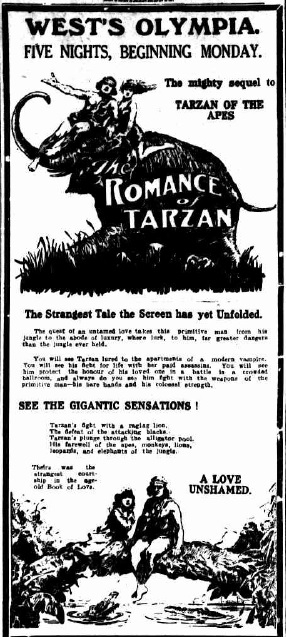
Russia – The Revolution
Typhus is raging in Moscow. Prominent Bolsheviks are selling their property and departing for the south. The Bolsheviks fear that their power is drawing to a close. Newspapers at Helsingfore state that Mr. Lenin has offered General Koltchak an armistice, but the General has not replied. It is reported that Finnish action against Russia is considered certain. The Finns will attack on three sides. The greatest force will be directed against Kem, with a view to cutting communications between Murmansk and Petrograd.
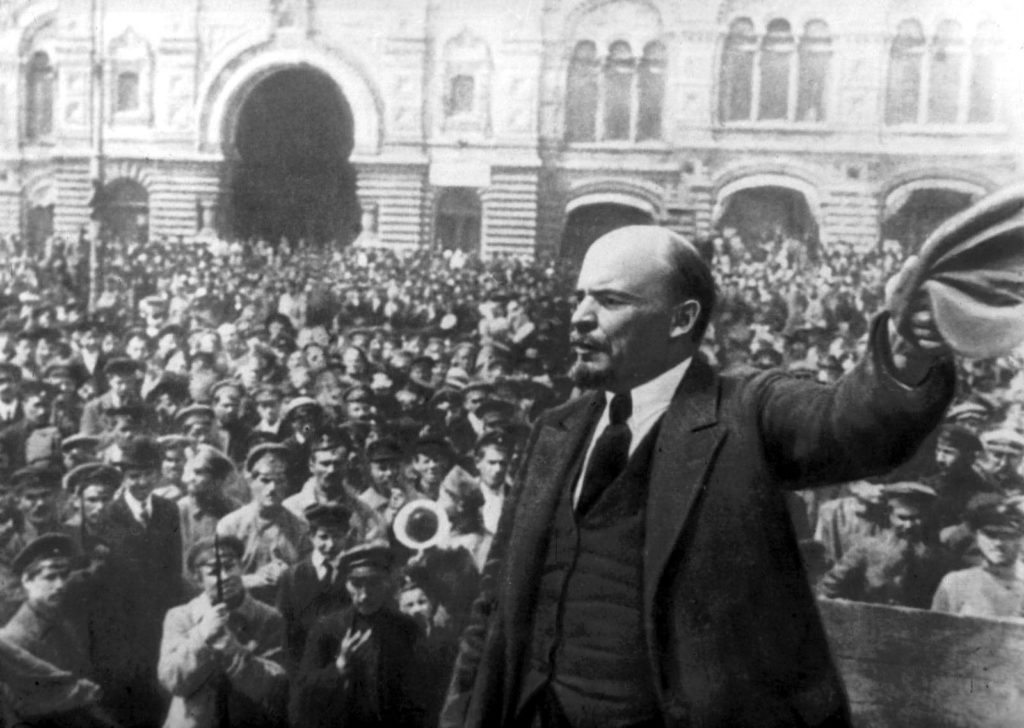
Influenza in Brisbane, Queensland
Three deaths from Influenza occurred in Brisbane hospitals yesterday, and 427 cases were under treatment last night – 10 fewer than the previous day.
The 1918 influenza pandemic (January 1918 – December 1920; colloquially known as Spanish flu) was an unusually deadly influenza pandemic, the first of the two pandemics involving H1N1 influenza virus. It infected 500 million people around the world, including people on remote Pacific islands and in the Arctic, and resulted in the deaths of 50 to 100 million (three to five percent of the world’s population), making it one of the deadliest natural disasters in human history. A summary for the Week of Jun 7, 2019 is provided below:
- Barcaldine: 50 patients in the shire Hall isolation hospital. Practically all of the local railway staff was affected.
- Blackall: 48 cases reported. The first death occurred yesterday being that of Mr. William Howard who drove the local coach.
- Tambo: News was alarming with 350 cases and four deaths. The patients have the services of the local nurse and women from the surrounding stations.
- Murwillumbah: A Large number of cases “But the visitation is very mild”
- Roma: The number of cases of influenza is showing a considerable decrease. To deaths occurred yesterday being Mrs. D Cooper and Mrs. W Williams. Nurse Hodgson became infected a week ago and died yesterday.
- Charleville: The influenza epidemic is abating with 13 patients remaining in the Pariah Hospital.
- Chinchilla: Two death from influenza have been reported including the superintendent of the Aboriginal settlement, Mr. william Dodd.
- Cairns: Eight cases reported with the last having arrived from Wodonga. Four nurses at the local hospital have influenza.
- Gympie: One death overnight.
- Nambour: The ladies of Nambour have arrangements well in hand for combating the epidemic. A central kitchen is being established at the rural school which will in all probability be turned into an emergency hospital should the need arise.
- Toowoomba: A 29-year-old railway worker died yesterday of influenza.
- Bald Hills: All local gathering have been postponed on account of the influenza, which is very prevalent.
- Gatton: Influenza is rampant in the outlying districts and a large number of families are down with the trouble….
- Rockhampton: To-day the town clerk received notification of 116 cases of influenza bringing the total to date to 740. Today was by far the worst day which has been experienced in Rockhampton since the epidemic broke out. There were no fewer than 9 deaths, six in hospitals and 3 in private residences.
- Townsville. 220 men were absent at the local abattoir due to influenza.
- Clifton: The number of influenza cases is increasing but so far only on case of pneumonia with influenza has been reported.
The Rescue of Hawker, From Gloom to Joy, Experiences of the aviators
Delayed cables give particulars concerning the rescue of Mr H. G. Hawker the Australian Aviator, and Lieutenant Commander M. Greive. They state that the public was overjoyed at the news of their safety. It seemed almost hopeless when the King’s message of sympathy was received on Saturday night, and 12 British warships abandoned the search after a fruitless search of all of the likely routes. The news of the rescue was quickly conveyed to Buckingham Palace. The King and Queen quickly sent telegrams to Mrs. Hawker and Grieves mother and father. Mrs. Hawker in an interview, said she knew her husband would return all right. She believed he would try the Atlantic flight again.
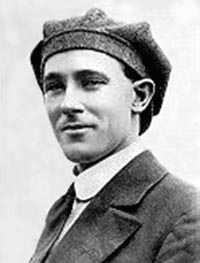
Strike in Melbourne, Victoria
The official statement issued at the place of the compulsory conference with regard to the shipping strike, held in Melbourne, yesterday, contained the bare announcement that Mr. Justice Higgins should review the position the position from the Bench this morning. It is understood however that his Honour castigated the advocates of direct action.
Flight Over the Atlantic
The St John’s correspondent of the “New York times” says that the Handley-Page bombing Biplane which is being assembled will be the largest aeroplane to attempt the Transatlantic flight. Fully loaded the machine will carry 29,943 lb. It is equipped with four Rolls-Royce eight-cylinder engine, generating a total of 1,500 horsepower. It is estimated that the engines will consume 108 gallons of petrol per hour, at a speed of 90 miller per hour. The machine will carry 2376 gallons of petrol and be equipped with a wireless plant of 25-mile receiving radius. It can continue to fly even if two engines are not working. The estimated cost of the biplane is £24,000. It is expected that the machine will be ready for a test flight within a fortnight.
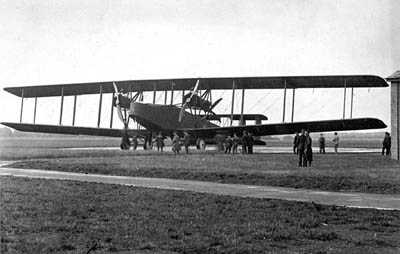
Mining, Stocks and Shares
The stock and share market are still firm, prices being well maintained and where altered on the Brisbane Stock Exchange, the change was generally in an upward direction. In War Loans this was noticeable, each class of Bonds showing a slight improvement.
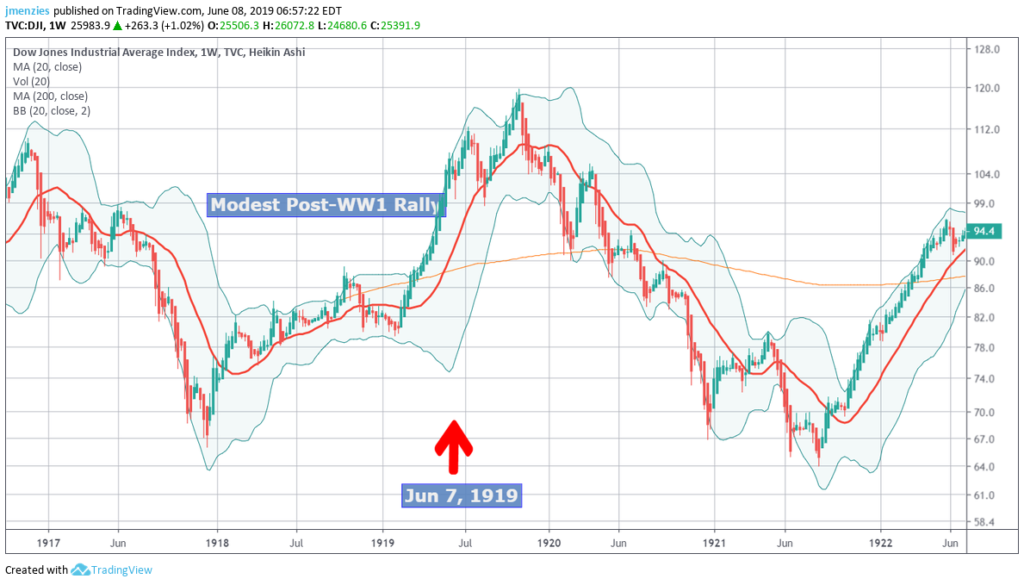
Weather Queensland
The maximum temperature in Brisbane yesterday was 68.3 deg.; minimum 53 deg.; Forecast for Queensland issued at noon yesterday for the ensuing 24 hours. Cloudy at times along entire coastline, with occasional showers, but generally fine; otherwise fine, but some probability for thunderstorms between Gulf and Darling Downs. Rather cold by night in the SE interior; otherwise mild. South-easterly to easterly winds along the Pacific slope; easterly to north-easterly inland.
nla.news-issue154379